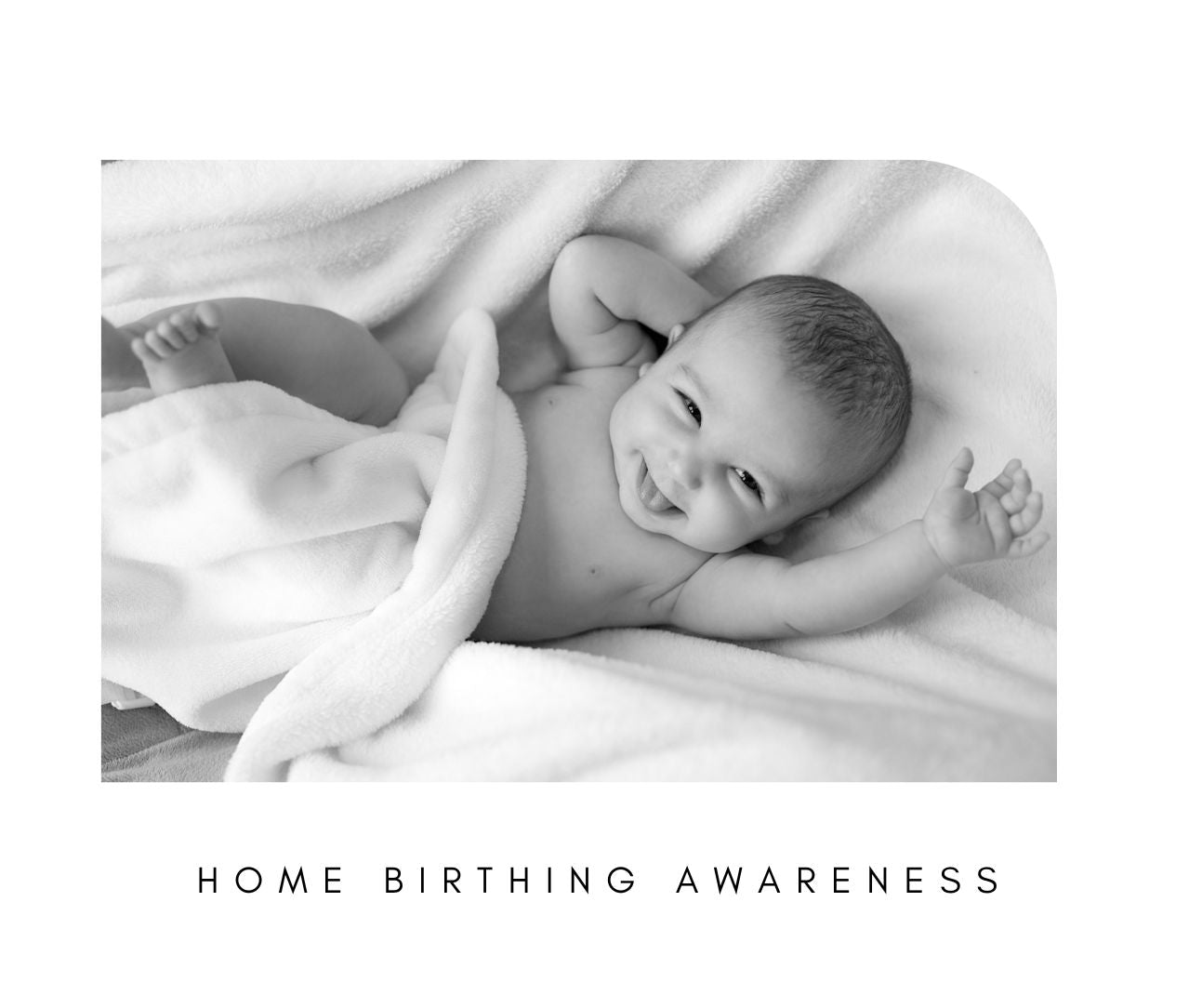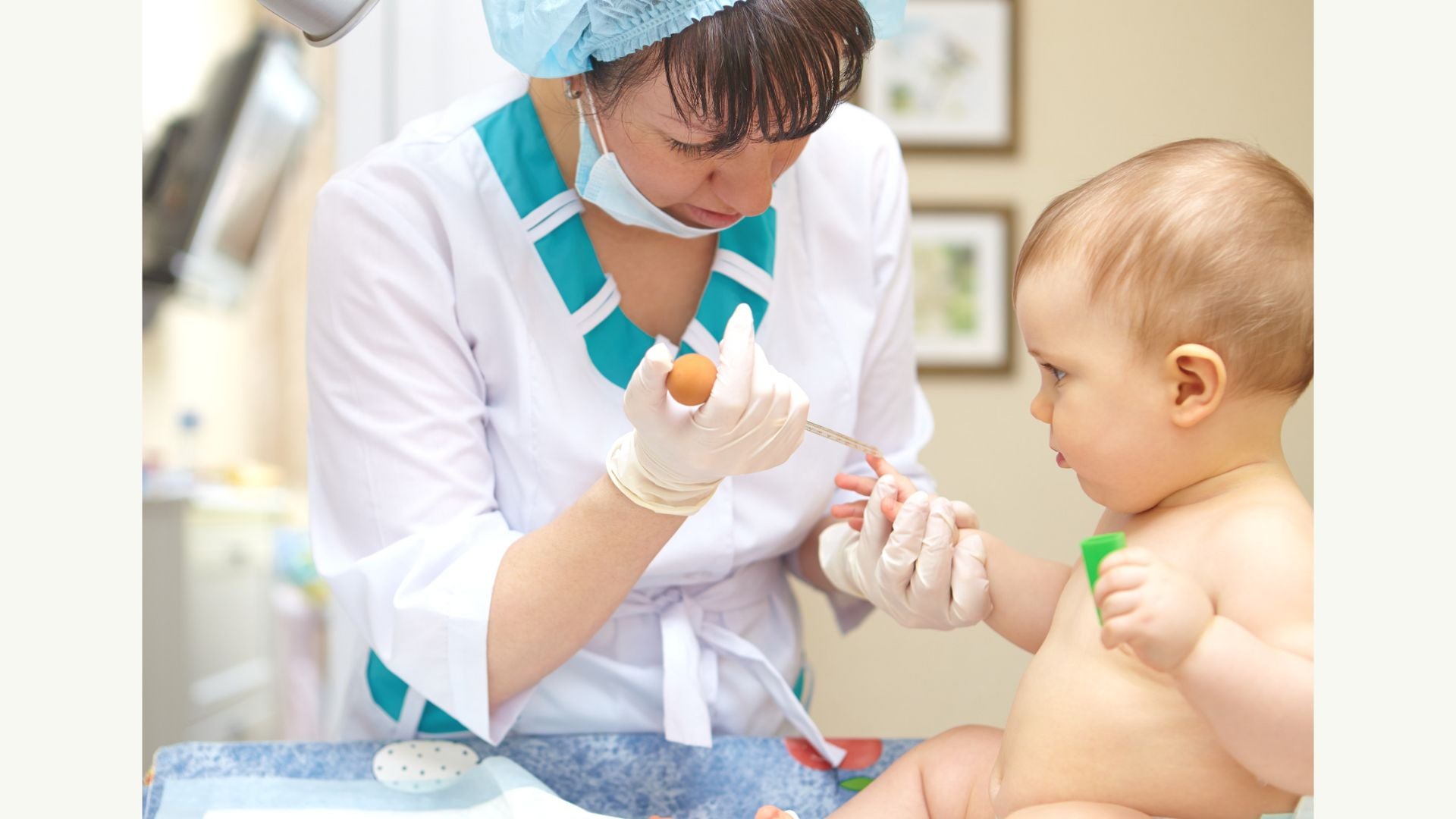Nutrition for Expecting and Breastfeeding Mothers

Nutrition for Expecting and Breastfeeding Mothers
Pregnancy is an exciting journey that brings a lot of changes to your body. From morning sickness to cravings, expecting mothers experience a wide range of symptoms during this time. But what often gets overlooked is the importance of nutrition for both you and your growing baby.
Eating a well-balanced diet is essential during pregnancy
Making sure you consume essential nutrients should be a priority for both expecting and breastfeeding mothers.
Essential Nutrients For Pregnancy and Breastfeeding
- Protein: Protein is vital during pregnancy as it supports the growth of the foetal tissue, including the brain. It also helps with breast and uterine tissue growth during pregnancy. Foods rich in protein include lean meats, fish, eggs, beans, and nuts.
- Calcium: Calcium helps build your baby's bones and regulates body fluids. It is recommended to include dairy products like milk, cheese, yogurt, or calcium-fortified non-dairy products in your diet.
- Iron: Iron is critical for both mother and baby. It helps carry oxygen to your growing baby, and also helps prevent anaemia, a condition in which blood lacks adequate healthy red blood cells. Iron-rich foods include lean red meat, poultry, fish, legumes, and iron-fortified cereals.
- Folic acid: Also known as folate when found in foods, folic acid helps prevent neural tube defects—serious abnormalities of the brain and spine. Pregnant women are recommended to take a folic acid supplement, but it can also be found in leafy green vegetables, fortified or enriched cereals, breads, and pastas.
- DHA: Docosahexaenoic Acid (DHA) is a type of fat (omega-3 fatty acid) that helps with growth and development. During pregnancy, consuming adequate amounts of DHA can help support your baby's brain and eye development. Good sources of DHA are fish and fish oil supplements.
Remember, it's always best to get nutrients from whole foods where possible, but supplements can also be used under the guidance of a healthcare professional.
Importance of a Balanced Diet
Maintaining a balanced diet during pregnancy and breastfeeding is vital for the health of both mother and baby. Here are some tips to consider:
- Stay Hydrated: Hydration is essential, especially for breastfeeding mothers as it aids in milk production. Aim for at least 8-10 glasses of water a day, and even more if you're breastfeeding.
- Eat Regularly: To keep your energy levels up, avoid skipping meals. Try to eat small, frequent meals or snacks every three to four hours.
- Include Variety: A variety of fruits, vegetables, whole grains, and lean proteins will ensure a balance of essential nutrients. Each food group offers different vital nutrients, so it's important to include a mix in your diet.
- Limit Processed Foods: While they may be convenient, processed foods often contain high levels of sodium, sugar, and unhealthy fats. Opt for fresh foods whenever possible.
- Stay Active: Regular physical activity, as advised by your healthcare professional, can help manage weight gain during pregnancy and support recovery after delivery.
- Listen to Your Body: Your body knows what it needs. Listen to your hunger and fullness cues, and eat accordingly. It's okay to have occasional cravings, but try to keep your overall diet balanced and nutritious.
Remember, these are general recommendations, and individual needs may vary. Always consult with a healthcare professional for personalized advice.
Impact of Nutrition on Baby's Development
Nutrition plays a critical role in the development of your baby, both during pregnancy and breastfeeding. Proper nutrition contributes significantly to the growth and development of the baby's brain, body, and immune system.
During pregnancy, the nutrients you consume are the main source of your baby's growth and development. Essential nutrients like folic acid, iron, calcium, and DHA are particularly important. Folic acid aids in the formation of neural tubes, iron supports the baby’s growth and development while also preventing anaemia in expecting mothers, calcium helps build strong bones and teeth, and DHA aids brain development.
While breastfeeding, the nutrients from the mother's diet are passed to the baby through breast milk. For instance, protein in a mother's diet aids in the baby's growth, while the calcium helps in bone development. Vitamins, such as vitamin A and D, are crucial for the baby's eyesight and bone health respectively.
In essence, a well-rounded, nutritious maternal diet is crucial for the healthy development of your baby. Ensuring that you get an array of nutrients in the right proportions supports your baby's growth and sets the stage for their future health.
Common Nutritional Deficiencies During Pregnancy
While pregnancy can be a joyous time, it can also be a period when the body's nutritional needs increase, potentially leading to deficiencies if not properly managed. Common nutritional deficiencies during pregnancy include Iron, Iodine, and Vitamin D deficits.
Iron deficiency is one of the most common deficiencies in expecting mothers and can lead to anaemia if not addressed. This occurs because the body requires more iron to make extra blood for the baby.
Iodine is another crucial nutrient often deficient during pregnancy. Iodine supports the development of your baby's brain and nervous system, but many women do not consume enough iodine-rich foods or iodized salt.
Vitamin D deficiency is also common during pregnancy. This vitamin is essential for bone health, and a deficiency can have implications for both the mother and the baby's bone health.
Consulting with a healthcare professional to develop a tailored nutritional plan can help ensure you're meeting these increased needs and supporting both your health and that of your baby. Remember, nutritional needs can vary greatly from person to person, so it's essential to get personalized advice.
Addressing Pregnancy Cravings and Healthy Alternatives
During pregnancy, you may find yourself having intense cravings for certain foods. These cravings can differ considerably from person to person, and even from pregnancy to pregnancy. Though the exact cause of pregnancy cravings is unknown, they may be attributed to hormonal changes that can affect your sense of taste and smell.
Not all food cravings should be indulged without second thought. Some cravings might lead you towards foods high in sugar, salt, or unhealthy fats. Instead of reaching out for that bag of chips or that chocolate bar, consider healthier alternatives that can satisfy your cravings while also providing necessary nutrients.
If you're craving something sweet, consider having a piece of fruit or a smoothie instead of candy or pastries. Fruits are rich in fibre, vitamin C, and many other essential nutrients. For a savoury craving, roasted nuts or seeds can be a great alternative to chips. They provide healthy fats, protein, and fibre. If you're longing for a fizzy drink, try sparkling water infused with a slice of fruit for flavour.
Always remember, it's okay to indulge occasionally, but consistently making healthier choices will go a long way in ensuring optimal nutrition for both you and your baby. Again, consulting with a healthcare professional is always a good idea when it comes to managing your diet during pregnancy.
~ jinki @ jinki.com




